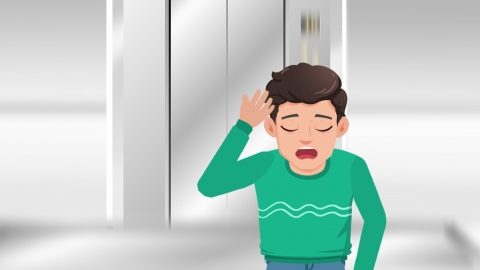Can specific phobias heal on their own?
In general, specific phobias with mild symptoms that do not interfere with daily life may resolve spontaneously over time, while those with severe or persistent symptoms are unlikely to improve without intervention. If in doubt, it is advisable to seek medical consultation early. Detailed analysis is as follows:

If symptoms of a specific phobia are mild—for instance, only slight avoidance of a particular object or situation and no disruption to daily social interactions, work, or study—the fear may gradually diminish or even disappear over time as the individual's cognition matures, life experience accumulates, or through gradual exposure and adaptation to the feared stimulus, without requiring special intervention.
However, if the specific phobia is severe—such as triggering intense fear responses, frequent avoidance behaviors, or significantly impairing normal functioning (e.g., refusing to take elevators or subways due to fear of enclosed spaces)—it is typically unlikely to resolve on its own. Without timely treatment, symptoms may worsen or lead to other psychological issues, necessitating professional psychotherapy or medication to achieve improvement.
It is important to note that whether a specific phobia can resolve spontaneously depends on individual circumstances. If symptoms persist or worsen, do not delay; seeking professional help promptly is essential for better symptom management.







